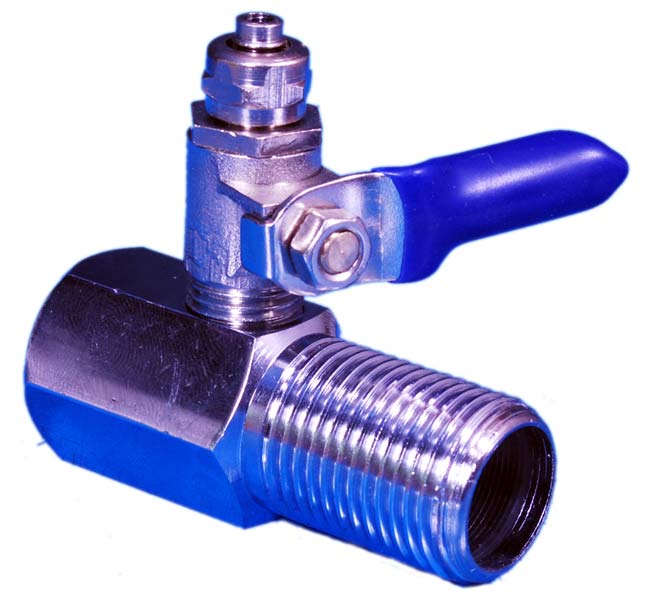When it comes to maintaining a hydronic or steam heating system, one of the most important components to keep an eye on is the water feeder valve. This valve plays a crucial role in regulating the amount of water that enters the boiler, ensuring efficient and safe operation. In this blog, we will be discussing the importance of water feeder valves, particularly check valves, in gas-fired steam boiler systems.

A check valve is a type of valve that allows fluid to flow in only one direction. In the context of a steam boiler system, check valves are used to prevent backflow of water from the boiler to the supply line. This is important because backflow can cause serious damage to the boiler and other components of the heating system. Check valves are typically installed on the water feeder valve, which controls the amount of water that enters the boiler.
On older hydronic or steam heating boilers, the expansion tank and water feeder valve were separate physical units. However, modern automatic pressure-reducing water feeder valves combine a check valve and boiler water feeder into a single unit. This makes it easier to install and maintain the system.
The water feeder valve is responsible for maintaining the water level in the boiler. When the water level falls below a certain point, the valve opens and allows water to enter the boiler. This ensures that the heating system operates at the appropriate pressure level. However, if the water feeder valve is not working properly, it can cause the boiler to overheat or operate at a lower efficiency.
In addition to maintaining the water level, water feeder valves also play a role in preventing mineral buildup in the boiler. Mineral buildup can occur when water is added to the system, and over time it can reduce the efficiency of the heating system. Water feeder valves help to prevent mineral buildup by regulating the amount of water that enters the boiler.
In conclusion, check valves play a crucial role in regulating the amount of water that enters a gas-fired steam boiler system. They prevent backflow, regulate the water level, and prevent mineral buildup in the boiler. It is important to keep these valves properly maintained to ensure efficient and safe operation of the system. If you are experiencing issues with your steam boiler system, be sure to contact a licensed professional to perform an inspection and make any necessary repairs.